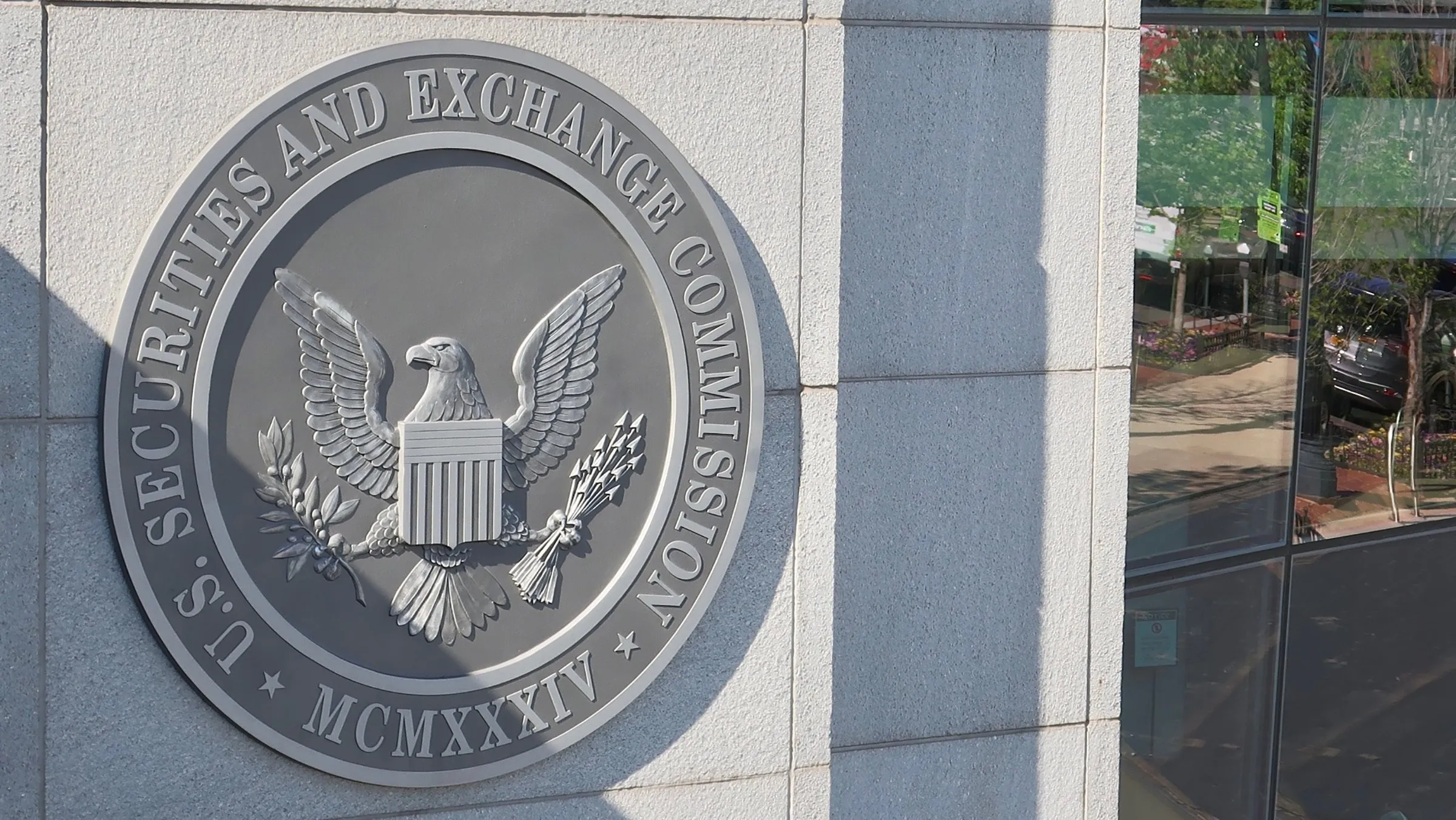SEC Ordered to Pay $1.8 Million as Judge Dismisses DEBT Box Case

The SEC has had its case against crypto mining firm DEBT Box dismissed without prejudice by a U.S. federal judge. The regulator has also been ordered to pay legal fees of almost $1.8 million.Utah District Court Judge Robert Shelby ruled in a court order filed on Tuesday that the SEC should pay most of the “reasonable” attorney fees and other legal fees petitioned for by the defendants in the case, amounting to just over $1.82 million.In a separate filing, Judge Shelby granted the SEC’s motion to dismiss the case without prejudice, meaning that the regulator could, in theory, refile charges against DEBT Box at a later date.The SEC previously requested that the case be dismissed without prejudice after the judge threatened to sanction the regulator over “false and misleading statements” made as it was filing its complaint. The regulator sought the dismissal in order to enable a new team of attorneys to “determine whether it is appropriate to recommend the Commission proceed with a new complaint,” it said in an earlier filing.DEBT Box hailed the ruling in a Twitter post, calling the dismissal of the case a “monumental victory,” and noting that the SEC “cannot proceed with the case as it stands.” We have some fantastic news to share with our D.E.B.T. Box community today!The U.S. District Court for the District of Utah has officially dismissed the SEC’s case against us without prejudice. This means the case is closed, and any future action by the SEC would have to go… pic.twitter.com/aGiNVxMYbz— D.E.B.T. (@TheDebtBox) May 28, 2024In its August 2023 lawsuit, the SEC alleged that DEBT Box defrauded investors to the tune of nearly $50 million by selling unregistered securities. The regulator also obtained an ex parte restraining order against the firm to freeze its assets, meaning that the firm couldn’t contest the order in court.In a March filing, Judge Shelby found that the SEC had “engaged in bad faith conduct,” by obtaining the restraining order, having made “false, mischaracterized, and misleading” statements. He ordered the regulator to pay sanctions including attorneys’ fees incurred by the defendants in the case.”Once Defendants had notice and an opportunity to respond, each purportedly factual pillar the Commission constructed to make the required showing of irreparable harm crumbled under scrutiny,” Judge Shelby wrote in the order.Edited by Stacy Elliott.

Published on Other News Site



















